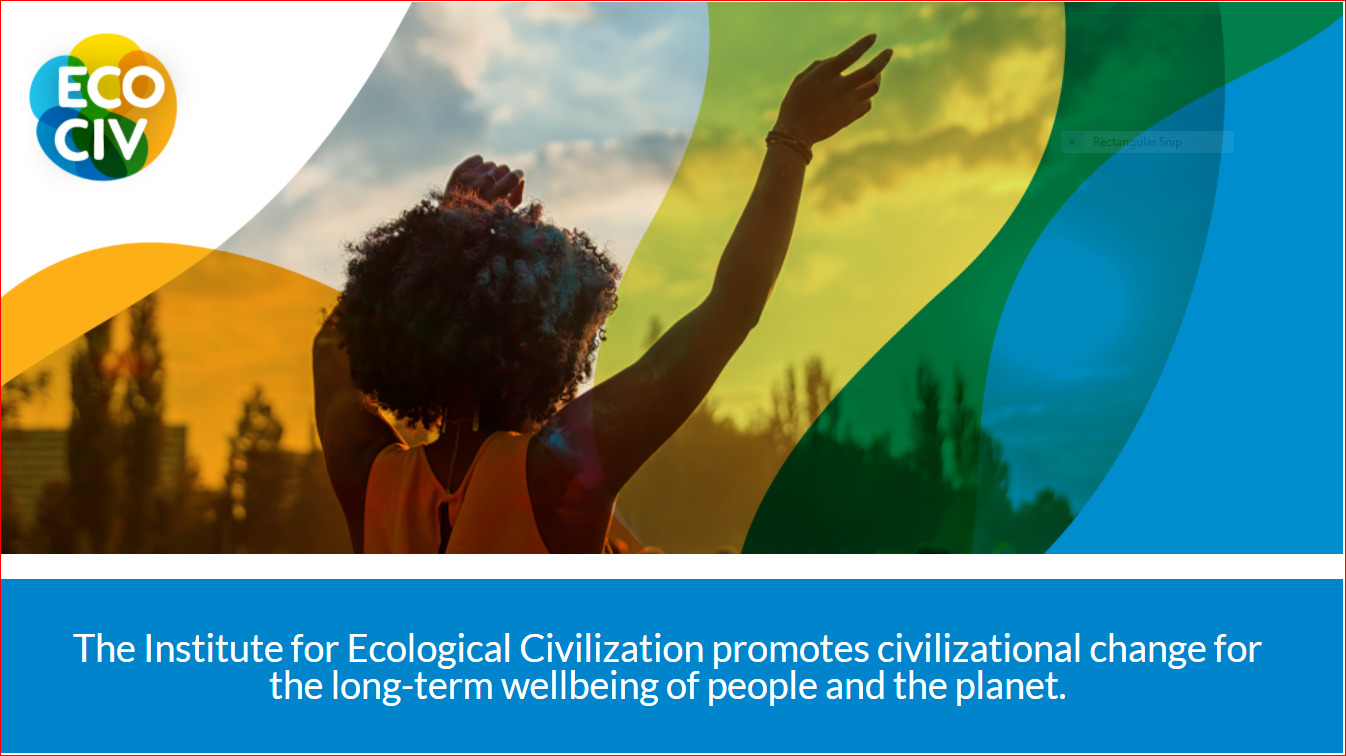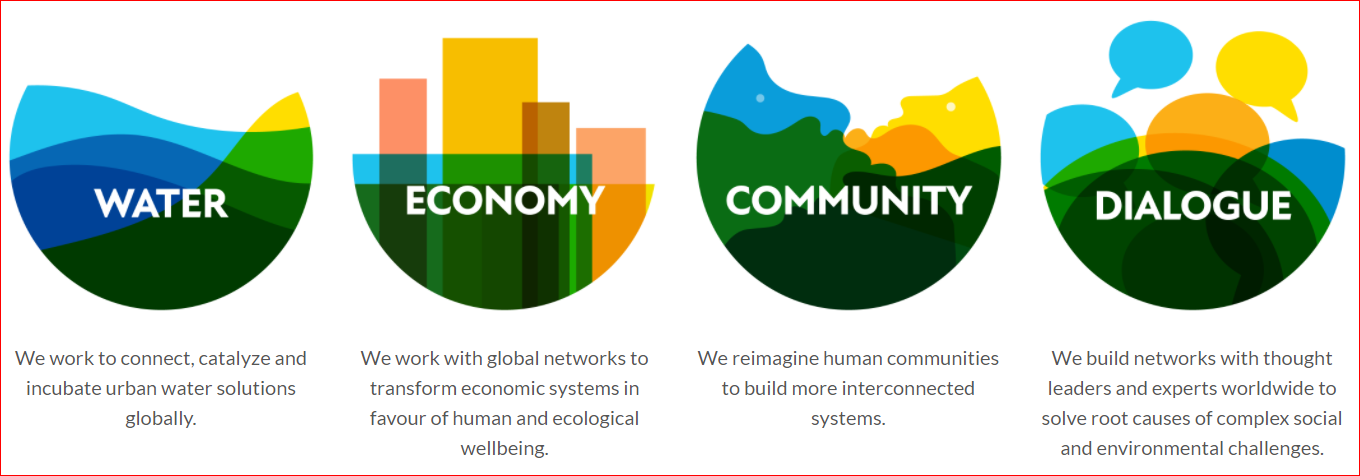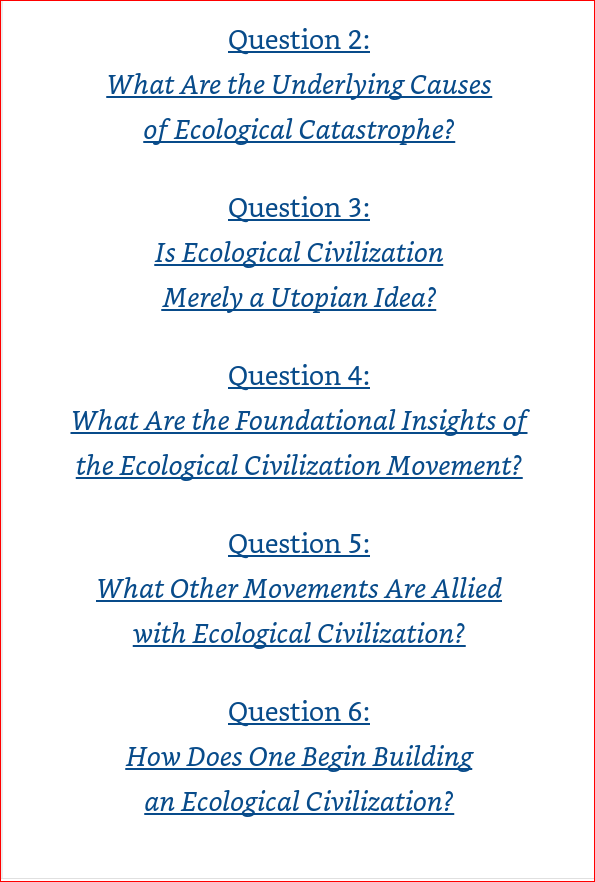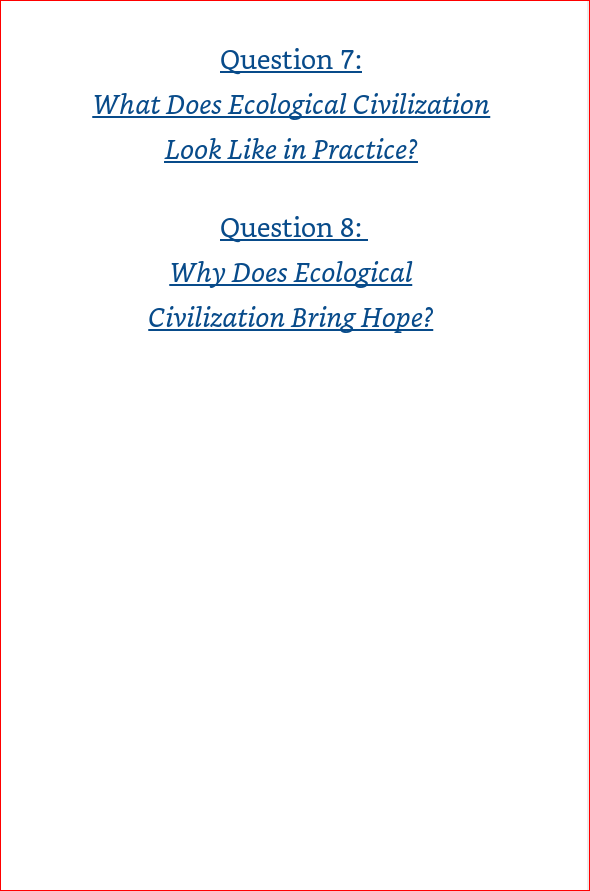- Home
- Process Worldview
- Community
- Art and Music
- Whitehead and Process Thinking
- Podcasts
- Spirituality
- Ecological Civilization
- Education
- Contact
- Social Justice
- Science
- Animals
- Sacred Poems
- Whitehead Videos
- Index of All Titles
- Practicing Process Thought
- Process Spirituality: A Spiritual Alphabet
- Recent Posts
Amanda Gorman: Earthrise
See Also "Six Questions to Consider after listening
to Amanda Gorman's The Hill We Climb" by David W. Orr
to Amanda Gorman's The Hill We Climb" by David W. Orr
|
|
Institute for Ecological Civilization
- Amanda Gorman's Earthrise invites to hope for, and work toward, Ecological Civilization, using our time, energy, and money, in the best way we can, to undertake the great work of our time.
- An Ecological Civilization has as its aim the flourishing of all life, with humans much included. It consists of healthy space for wildlife, flora and fauna. Its citizens live with a sense of respect for one another and respect for the community of life. Its educational, agricultural, and economic policies and practices are oriented toward life's well-being, Its local communities that are creative, compassionate, participatory, diverse, inclusive, humane to animals, and good for the earth, with no one left behind.
- One of the most important organizations aimed at helping us build these communities is the Institute for Ecological Civilization. And one of the most important books is "What is Ecological Civilization?" by Philip Clayton and William Andrew Schwartz.
- Want to be part of the great work? Buy the book, organize a book study, and roll up your sleeves, with a sense of urgency to be sure, because the need is urgent! And also with a sense gladness for what is beautiful in life because, truth be told, life is very beautiful.
Excerpts from the book
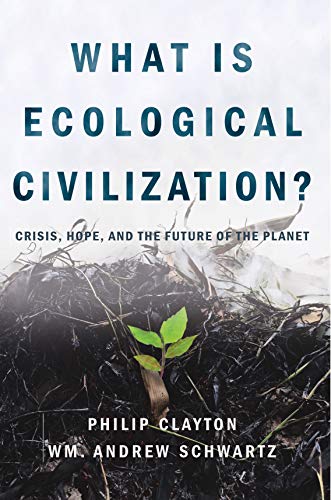
What most clearly distinguishes an ecological civilization from other civilizations is the relation to the natural world. Whereas a defining characteristic of other civilizations is the manipulation of the environment for the sake of the people, an ecological civilization modifies the environment in sustainable and symbiotic ways, considering the well-being of nature as well as people. This is not a romantic ideal of a return to the pristine purity of nature; it represents, after all, a form of civilization. Not simply about humans living in harmony with nature, ecological civilization also entails humans living in peaceful ways with other humans, to promote the flourishing of all life.
*
An ecological civilization implies a global network of communities within communities within communities. The network extends downward to local communities, perhaps on the model of traditional village life; and it extends upward. to a global awareness of our interdependence with each other, with other life forms, and with the planet as a whole.
*
An ecological civilization embraces the spiritual qualities of life. The religio-spiritual dimension lends itself to an ecological vision that is able to imbue the universe with ethical imperatives and a sense of responsibility for creation. It encourages us to comprehend the universe differently—not as a lifeless deposit of resources designed to meet human needs, but as a fragile system with its own intentionality and inherent worth. Often, religious persons talk about denying the “self” in order for the true “Self” to come into focus. This shift aligns with an ecological civilization that seeks to expand our circumference of awareness and our own place within it. As a result of widening our understanding of what the religious perspective encompasses, the tasks of working for the betterment of the society and the environment become pivotal undertakings for religious individuals and institutions.
Clayton, Philip; Schwartz, Wm. Andrew. What Is Ecological Civilization?: Crisis, Hope, and the Future of the Planet, Process Century Press. Kindle Edition.
*
An ecological civilization implies a global network of communities within communities within communities. The network extends downward to local communities, perhaps on the model of traditional village life; and it extends upward. to a global awareness of our interdependence with each other, with other life forms, and with the planet as a whole.
*
An ecological civilization embraces the spiritual qualities of life. The religio-spiritual dimension lends itself to an ecological vision that is able to imbue the universe with ethical imperatives and a sense of responsibility for creation. It encourages us to comprehend the universe differently—not as a lifeless deposit of resources designed to meet human needs, but as a fragile system with its own intentionality and inherent worth. Often, religious persons talk about denying the “self” in order for the true “Self” to come into focus. This shift aligns with an ecological civilization that seeks to expand our circumference of awareness and our own place within it. As a result of widening our understanding of what the religious perspective encompasses, the tasks of working for the betterment of the society and the environment become pivotal undertakings for religious individuals and institutions.
Clayton, Philip; Schwartz, Wm. Andrew. What Is Ecological Civilization?: Crisis, Hope, and the Future of the Planet, Process Century Press. Kindle Edition.

